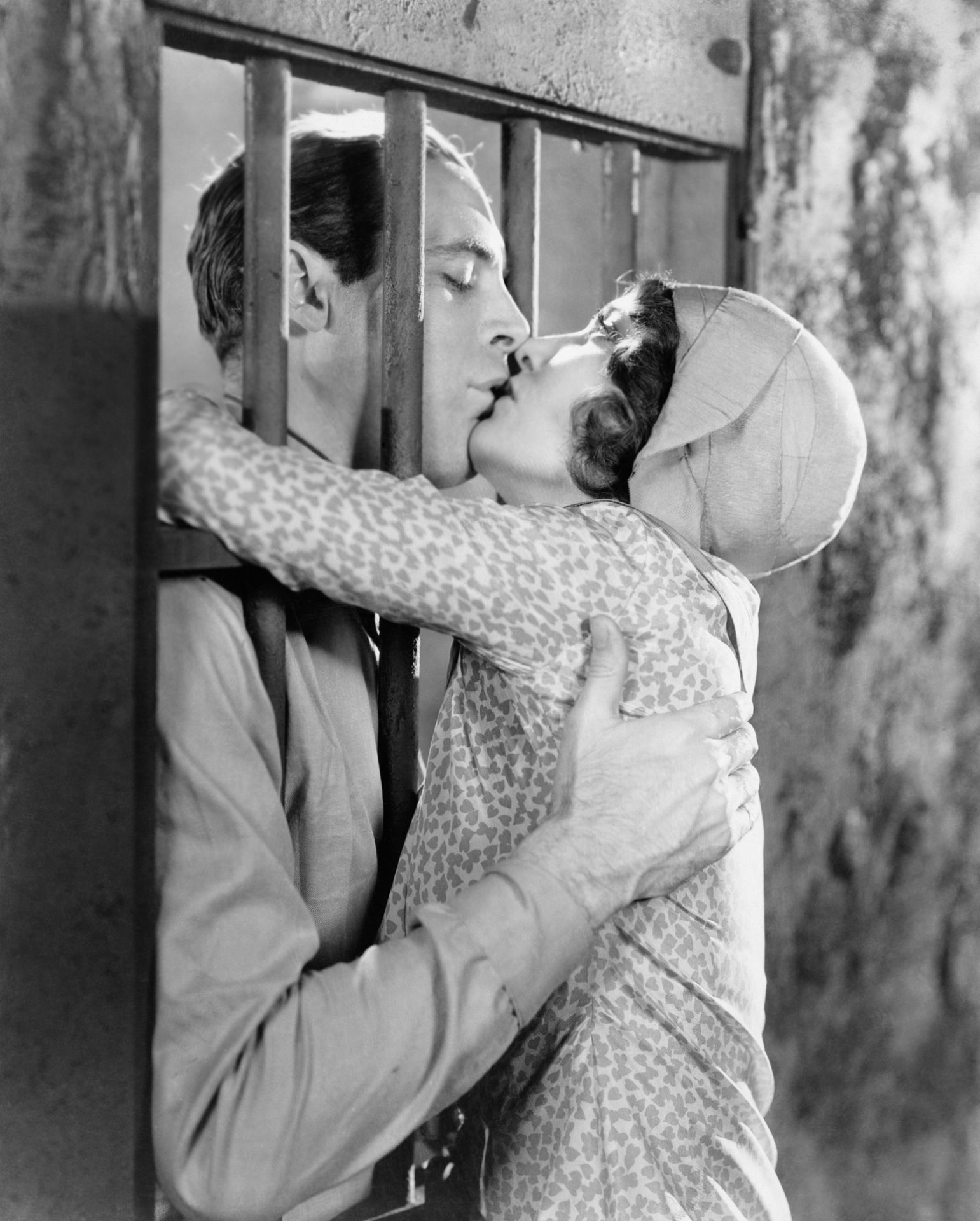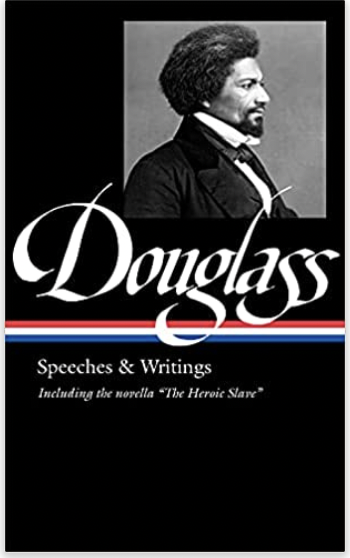Get Up, Stand Up: Thoughts on “Self-Made Men”

Work is mankind’s fated 4 letter word. It is required to provide the basic necessities, as well as the true, the good and the beautiful. Tweet

The most powerful, self-evidently true and useful work of self–development is Frederick Douglass’s Self–Made Men (SMM). I can’t believe that it took me 55 years to discover it. I could have profited from its cold, commonsense logic during my rebel-without-a-clue formative years.
For Planned Man’s reconstructive, functionalist purposes, SMM contains everything a man needs to know to crush it in this world. And if the straightforward logic of this 19th century Ted Talk was embraced at a cultural and policy level, we could show the world what genuine human progress, American-style looks like.
Read it slowly, with a pen in hand. It’s short, accessible, and profound. In twenty five pages, it offers more truth than many great books. (You can find it free here). It is superior to any self-help book that I’ve come across, and it’s as relevant now as when it was first delivered.
What I like most about SMM is that it is made to measure for those in the down-and-out bottom quintile of society, yet it serves and instructs the middle and top as well. If it can work to lift a people out of slavery and into thriving, productive citizenship, it has something fundamental to teach everyone, particularly Millennials, too many of whom are not built to survive contact with adversity.
In contrast, Aristotle’s Ethics is written to shape the character of a gentlemen class—an aristocracy of moral excellence. The Ethics has much to teach us, but it is not written for a popular audience, let alone one most at risk. And while Christianity brings the Good News to all—particularly, to the least of our brothers—the Sermon on the Mount is a pretty vague guide to earthly and spiritual accomplishment.
Douglass’ Self-Made Men captures the functional building blocks that brought our species out of the monkey mix, distilling the clearest path to individual and collective advancement. Everything you ought to have learned in school and in life is here for your taking and benefit. If you truly care for yourself—and are willing to do the required, necessary work—look no further. If you know a young man, perhaps one who is a victim of circumstance and more than a little angry, Douglass shows how he can harness righteous indignation into earthly success.
SMM was originally written for the benefit of emancipated slaves. I invite you to compare your life and lot to Douglass’s and his fellow slaves—you’ll consider yourself blessed. Douglass’s autobiography is a first-person rendering of the inhumanity that the slavery and plantation gulag practiced on him and his race. And yet despite it—and in spite of it—Douglass rose to the status of a truly great man, a testament to his race and to the human race. Self-Made Men accounts for both Douglass’s own success and his plan for his people to overcome the ravages of their former servitude.
If you have been truly harmed in life, this speech offers a path to self-redemption. A therapist can comfort you, but Self-Made Men offers a prescriptive pathway built on self-agency, which therapy too often undermines. I think Jordan Peterson would agree with Douglass on the following point, which stands athwart the therapeutic enterprise:
“Personal independence is a virtue and it is the soul out of which comes the sturdiest manhood. But there can be no independence without a large share of self-dependence, and this virtue cannot be bestowed. It must be developed from within.”
It turns out that the only way out of poverty, ignorance, and abuse is hard, persistent work guided by commonsense.
A word on the meaning of commonsense. When Douglass uses the term, he is not referring to average human IQ but to the storehouse of hard-won lessons that lifted our species out of nature and into civilization. “Eat those berries and you will die.” “Wipe your ass with leaves of three and you’ll wish you were dead.” And, for today audience: “Eventually we run out of other people’s money, and then we all suffer and slide backwards.” (Examples mine).
From this storehouse of commonsense, Douglass finds a clear, common denominator to mankind’s personal and social advancement: Work!, what he describes as “honest labor faithfully, steadily and persistently pursued.” There is amindfulness—a thinking informing the doing—at the core of Douglass’ conception of work and the making of undeniable men.
Work is mankind’s fated 4 letter word. It is required to provide the basic necessities, as well as the true, the good and the beautiful. Mere life and the Good life are a product of work. Work is the answer—the means— by which the human good is wrestled from nature and human nature. Work is the signal in the noise truth, told by this wise, self-made man and signify everything.
“Without culture there can be no growth; without exertion, no acquisition; without friction, no polish; without labor, no knowledge; without action, no progress and without conflict, no victory.”
As for men unwilling to work and take the initiative for their own betterment, Douglass thought it best to leave such men alone:
“The lesson taught at this point by human experience is simply this, that the man who will get up will be helped up; and the man who will not get up will be allowed to stay down. This rule may appear somewhat harsh, but in its general application and operation it is wise, just and beneficent. I know of no other rule which can be substituted for it without bringing social chaos.”
Douglass understood that unless the desire for betterment came from within, good works would be worse than wasted—they would encourage indolence and necessarily contribute to social chaos.
The idea of able-bodied men or women being rewarded for not working, or being elevated past their ability, is a disservice both to them and to society. Douglass was a fan neither of hard bigotry nor of the soft bigotry of low expectations. He saw the dead end of a Brother’s Keeper brand of compassion. Hard work and manly pride were the only paths out of poverty and degradation. Like St. Paul, Douglass understood that if a man was unwilling to work, he had no claim to eat. It’s hard to call St. Paul’s position un-Christian.
Douglass’s self-made men ask and require little from government—only a level playing field marked by equality before the law and an absence of barriers that inhibit mental, moral, and economic advancement. Sadly, Jim Crow and segregation followed the end of slavery, adding continued insult and injury.
And yet, for these next hundred years—from the 1860s to the 1960s—Douglass’s self-help route proved a lodestar for black advancement. Bob Woodson, a leader in the civil rights movement, has written a very fine book that captures the fruits of this self-help approach. Woodson shows that even amid Jim Crow, black families forged thriving and intact families; work was rewarded, education was pursued with gusto, and colleges, churches, and black-owned businesses prospered.
Like Gracie Jiu-Jitsu, Douglass’s SMM system, just works! The poor and downtrodden will always be with us—but those who follow this script won’t be poor for long.
More From Guy Shepherd

















